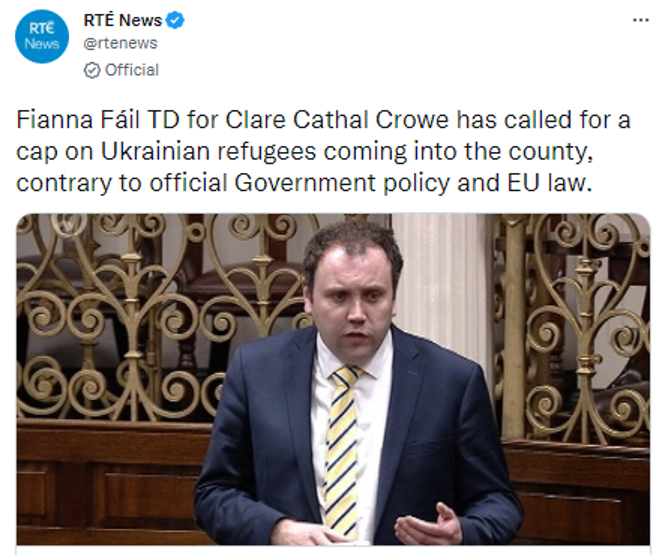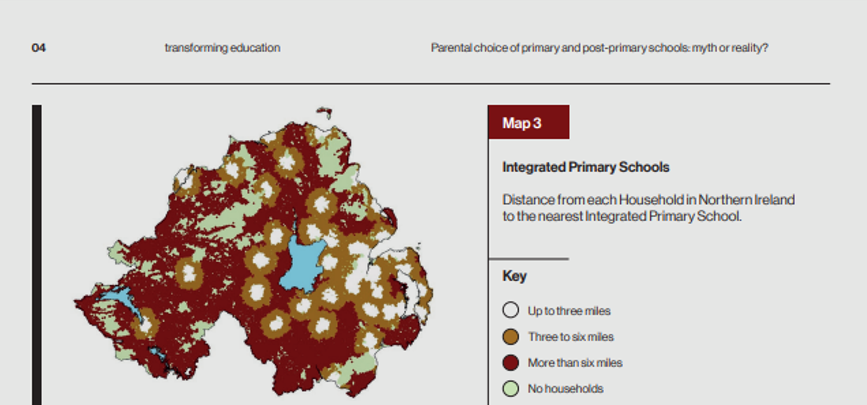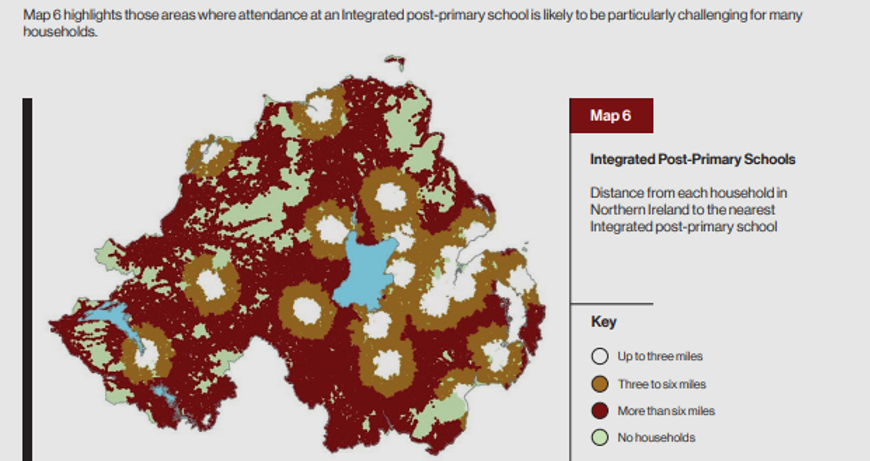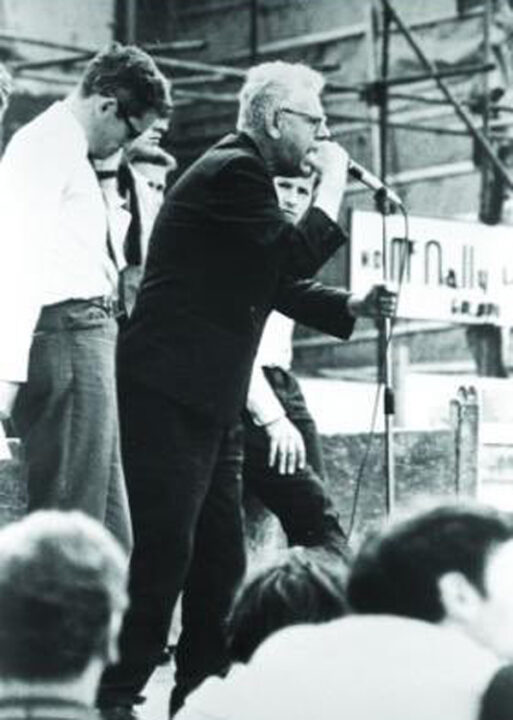I stand with the people of East Wall. And no I do not want to be a politician. Just that they have to answer to me. https://t.co/AGHSBrrrPi
— Conor McGregor (@TheNotoriousMMA) December 17, 2022
Having cast my eye on any of the other likely contenders, if the bould Conor does manage to secure a nomination, and his support for East Wall will not have boosted his chances within the Party – apologies, the parties because of course they all differ fundamentally on, em,…. – then he may have the tentative vote of growing numbers of people who feel increasingly unrepresented by their TDs.
I’d fancy my chances of correcting that. https://t.co/oTqQJQPWss
— Conor McGregor (@TheNotoriousMMA) December 17, 2022
Meanwhile the protests have continued, with another successful blockade of the Port tunnel having taken place on Friday evening during rush hour traffic, against leading to considerable traffic disruption across the city centre and approaches.
The resilience of the protestors over the past weeks has led to evident unease among the political establishment.
Meanwhile, one of the participants in the East Wall protests has challenged Conor McGregor to put his money where his mouth is.
Well if u stand with us here in East Wall come down and stand with us on the cold night's on the streets


































